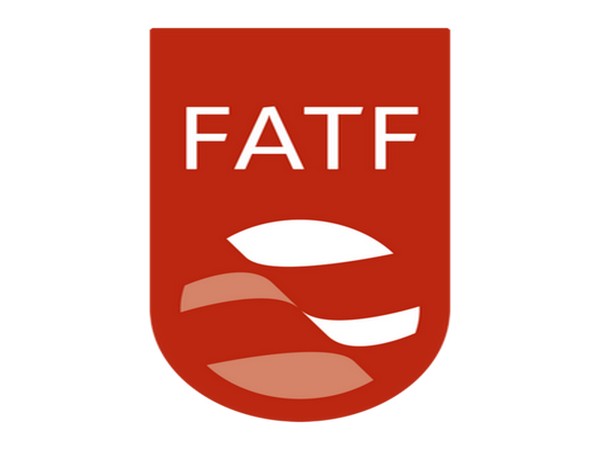By Vish Gain for AMLi
GREECE’S PARLIAMENT has passed a new bill that effectively stops criminal investigations of more than 5000 alleged tax-evaders, the Financial Times reports.
The legislation, part of a series of recent laws that inhibit financial crime prosecution and AML efforts, seems to favour high-value tax evaders with debts to the Greek state amounting to more than €150,000 each. It limits the independence of public prosecutors in a move that may further damage the EU member state’s reputation as a tax evasion hotspot.
The bill, passed by the new government led by Kyriakos Mitsotakis, has received severe criticism from opposition parties, lawyers and public prosecutors.
“Recent laws implemented by the government, not just this one on tax evasion, but criminal code amendments and anti-money laundering legislation, can be interpreted as intended to protect specific groups accused of serious financial crime,” Piraeus University law professor Nikolaos Farantouris told FT.
At the heart of the problem lies the fact that criminal prosecutions will only be able to take place after tax settlement authorities and administrative courts have concluded procedures. Most other EU member states run criminal and administrative tax evasion probes simultaneously.
Greek Minister of Justice Kostas Tsiaras argued on behalf of the government that the new legislation to change the country’s tax code allows for greater speed in legal procedures and reduces backlog in cases, making the judicial system ‘more efficient’. He also claimed that it would increase revenues for the state, as reported by FT.
Opposition MP and former finance minister Yanis Varoufakis accused the government of limiting judicial independence in the country.
“This bill is a step backwards in the legal culture of Greece and points clearly to the intervention of the executive in the judiciary,” she said.
Earlier this year, the Greek Parliament amended a penal code that allowed bankers accused of criminal breach of trust to escape prosecution unless the bank involved specifically requested an investigation by a public prosecutor. After none of the banks made such a request, more than 250 bankers were freed from breach of trust charges.
Shadow finance minister Effie Achtsioglou said that this was a “special mechanism” to absolve bankers of their accusations.
“Money-laundering is a practice that can easily migrate from jurisdictions with strong enforcement to more relaxed ones, undermining the integrity of the whole EU internal market,” former board member of the EBA Emilios Avgouleas told FT.
A year ago, another amendment to the penal code allowed alleged money launderers to recover assets frozen by courts if they were not tried within 18 months, resulting in some 900 individuals to recover their confiscated property, shares and bank accounts.
Share this on:
Follow us on:








